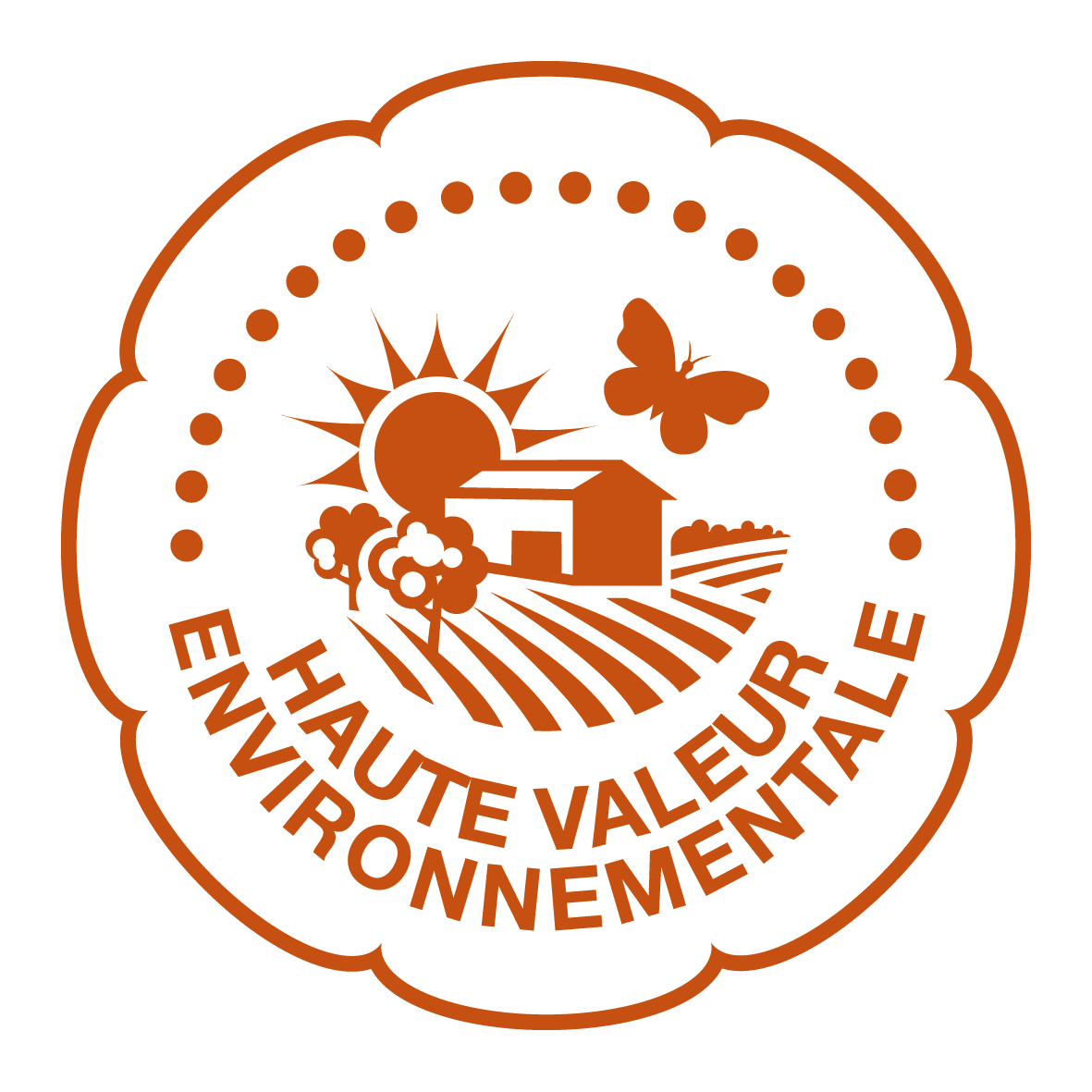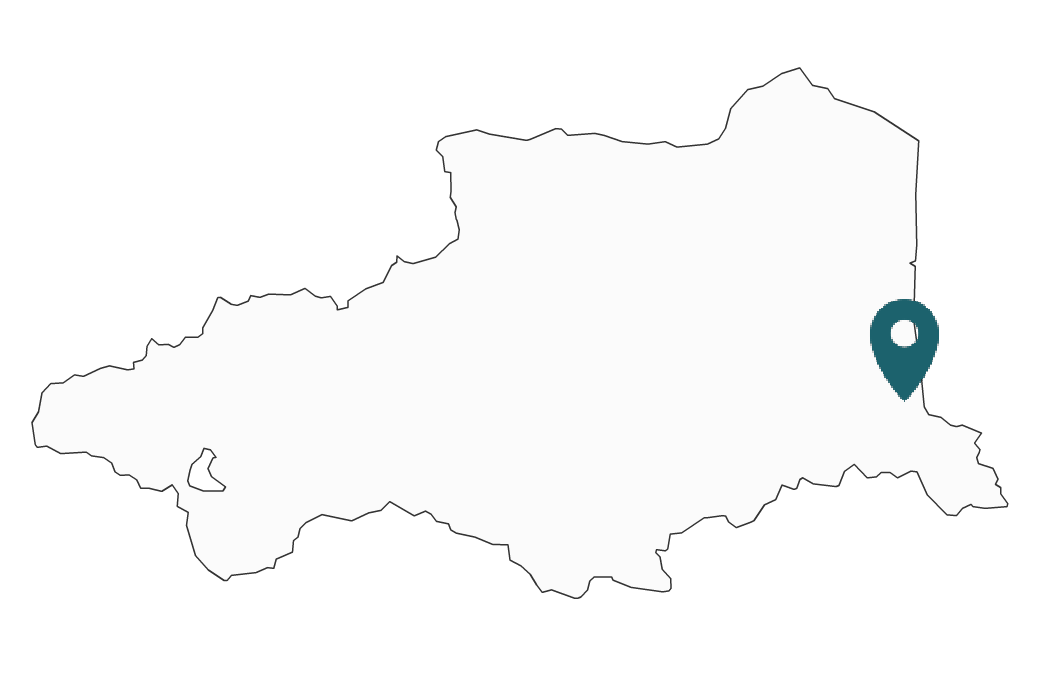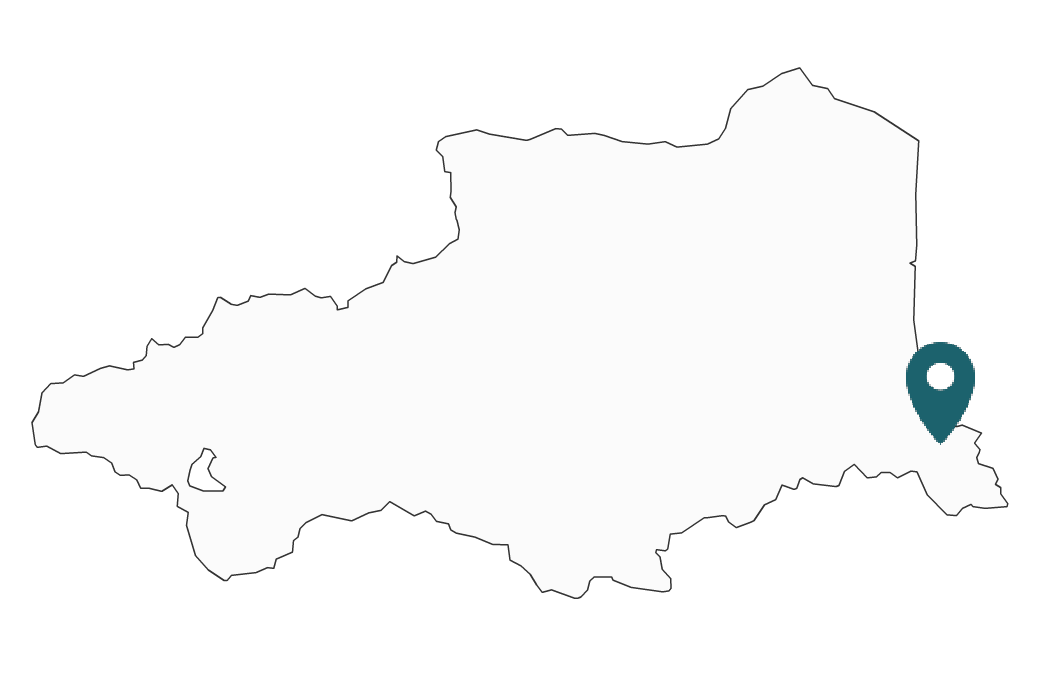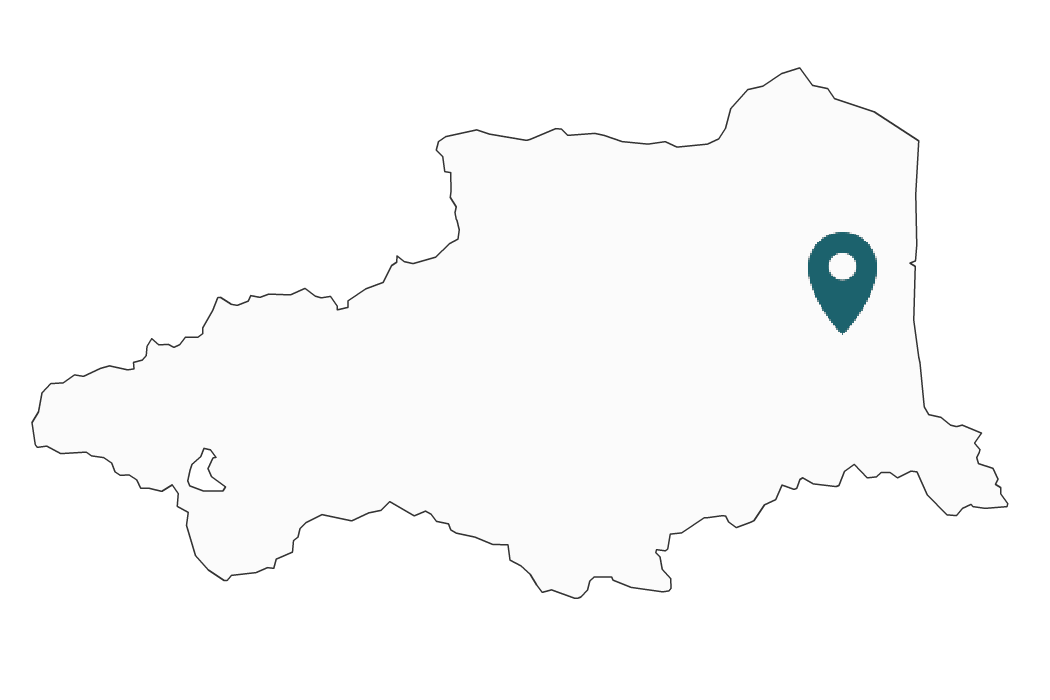Open the gates of the vineyard : between history, technology, sustainability and expertise, discover Saint Thomas craft, from the land to the bottle.
DST - une footprint in time
Philosophy and commitment
Everything is born from a powerful statement: to create a place of conviviality, of reconnection to the land, and to pass on the devouring passion for wine, taste and simple things, yet so rare these days.
However, simplicity requires diligence and constant attention, especially in regards to the conversion to organic farming started in 2020.
Saint Thomas affirms then its desire for change and its ethical commitment, both for the quality of the wines and the preservation of the Roussillon terroirs, and for the well-being of the winemakers and their customers.



High Environmental Value Level 3 Certification
This environmental certification is built on 4 pillars:
- Biodiversity: all practices enhancing the preservation of biodiversity on the farm such as the establishment of shrub hedges, the practice of grassing, the multiplication of crops and species, agroforestry...
- Irrigation: limitation and optimization of irrigation by cropping systems that require little water (drip)
- Management of phytosanitary products: reduction of synthetic phytosanitary inputs in favor of natural and organic products such as copper, sulphur, clay, herbal teas, essential oils, etc...
- Fertilization management: optimization of the use of fertilizers according to the needs of the plant while favoring organic fertilizers and amendments


Converting to organic farming since 2020
This European label ensures that all certified farms meet at least precise specifications depending on the type of crop.
Regarding the domain, we must ensure:
- Not to use chemical weedkillers, synthetic phytosanitary products (non-natural) and chemical fertilizers in the vineyard
- Restrict the use of oenological additives during vinification to a certain list
- Maximum SO2 doses are reduced
An annual control of the practices, the state of the parcels and the analyzes of the wines is carried out to maintain the labeling.
It takes 3 years of plot conversion before obtaining the label; we are currently in the last year of conversion (first labeled vintage: 2023).



